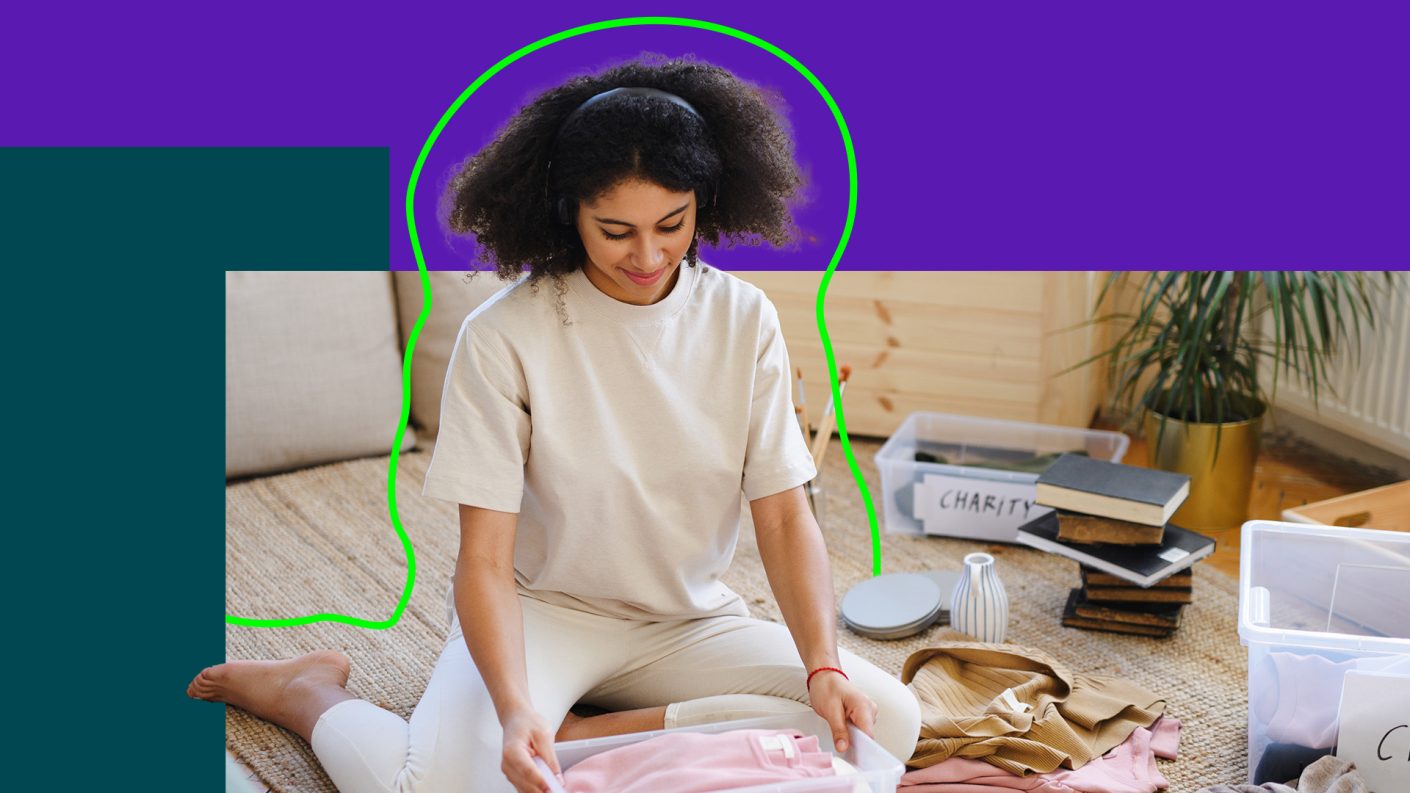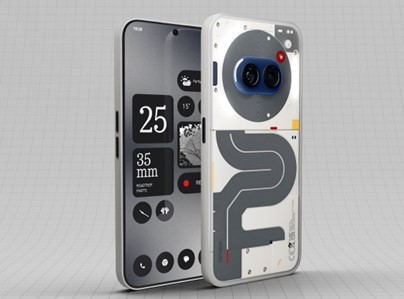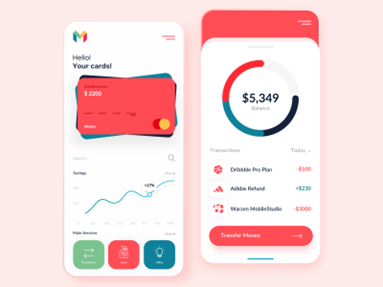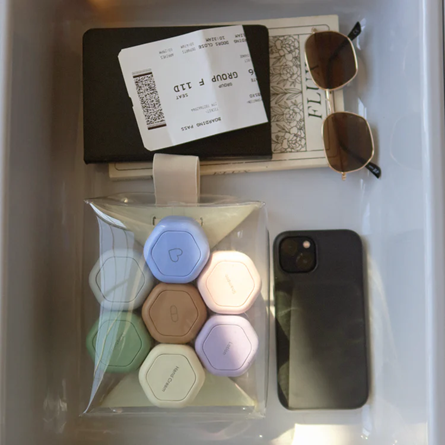Blog
The power of less: the minimalist revolution across industries
Discover how consumers are shifting their mindset on consumption and what that means for their future purchasing habits.


Niels Neudecker
05 June 2025
5 min read
For years, society has placed great significance on physical possessions – from how many cars you have, how many shoes or purses you have in your closet, to how many books you have on your bookshelf or how big your vinyl record collection is. The mantra always was: the more stuff you have, the happier you are. But, for many reasons, this notion of ‘more is more’ is becoming increasingly outdated.
In fact, according to our global What Matters 2025 research, 76% of people globally say they prefer to buy only what they really need.
People are placing less importance on the accumulation of goods and rather investing in only what they really need. They are embracing minimalism that is rooted in mindfulness, finding what truly fulfils them and brings them their own version of happiness, a trend we labeled ‘mindful minimalism’.
In this article, I’m narrowing in on just how people are shifting their mindsets and attitudes towards ‘mindful minimalism’ and how these shifts come to life in a few different sectors.
What is mindful minimalism all about?
When you first hear minimalism, you might think of the extreme of people going off the grid, getting rid of their belongings or furniture and living off the land. But mindful minimalism is much different.
People are not cutting products or services across the board. Rather, this re-evaluation is about reducing clutter (both physical clutter and mental) and aligning their purchase with their personal values. It’s about choosing fewer items that are better made that actually bring meaning or joy to their life, rather than collecting dust.
Since every person has unique values, everyone’s shifts towards mindful minimalism will look different. For some, it could mean shopping less at clothing retailers, and for others it could mean finding local food sources rather than big box grocers. But what we do know is some industries may feel the effects of this trend more than others. Let’s see how people are shifting behaviours in the following sectors:
Tech & entertainment
Today we have the power of the best computer, camera, health tracking device and so much more, right at our fingertips. But as people seek to clear the mental clutter, we are seeing an emerging trend of bringing simplicity back to things like their mobile phones. The Nothing Phone reimagines the smartphone not just through pared-back aesthetics, but through a philosophy of simplicity. With a minimal interface design, glyph lighting instead of flashy notifications and intentionally limited pre-installed apps, Nothing is challenging the cluttered, overstimulated tech environment. It’s a phone built on the premise that less screen time and fewer distractions equal a better life, resonating deeply with a generation opting out of digital noise.

Financial services
As I mentioned earlier, reducing clutter isn’t just about physical goods, it is also about creating efficiencies in the day-to-day that reduce clutter in your mind. For many, optimising their financial planning and personal financing is a huge opportunity for creating efficiencies.
Challenger banks like Monzo in the UK and personal finance platforms like Simplifi by Quicken in the U.S. aren’t just offering better money management, they’re offering peace of mind. These tools use predictive AI and user-friendly UX to set spend limits, create goal-based savings plans and warn you before you overspend. Instead of having 4–5 financial tools, people are shifting to one, clean dashboard that gives emotional and practical clarity. It’s not about wealth; it’s about feeling in control.

Consumer packaged goods
There is the classic stereotype about men versus women’s shower products: women have a shower full of different products for every day of the week, while men have a single 4-in-one bottle. Well, as women shift their thinking to more mindful minimalism, they are seeking more all-in-one products too! More and more women’s personal care brands are thinking about how they can create products that serve multiple purposes.
Beauty and lifestyle brand, Frenshe, is following this multi-use model with products like their fragrance mists that can be used for hair, body or linen fabric, or their multi-tasking moisture oil that can be used on the face, body or hair.
Along the same lines of personal care products, Cadence is transforming how people travel and live with modular, magnetized, refillable capsules for their personal care essentials. Think of them as minimalist LEGO bricks for your skincare, supplements or shampoo. Instead of carrying around 10 bulky travel bottles or messy vanity drawers, people are curating beautifully designed, sustainable vessels that tailored exactly to their routine – it’s clutter-free living with a tactile sense of calm.

Fashion & apparel
The minimalist fashion shift isn’t just about aesthetics, it’s about intentionality, durability, and ethical sourcing.
Brands like Quince offer high-quality essentials (think cashmere sweaters or linen sets) at transparent prices, allowing consumers to build capsule wardrobes that last.
On the other end of the style spectrum, Carhartt, once reserved for tradespeople, is having a cultural resurgence. Known for its rugged construction and timeless workwear, Carhartt gear is now embraced by both urban creatives and minimalist dressers who want one jacket that lasts a lifetime rather than five trendy ones that don’t. Its appeal is simple: no-frills design, maximum function, and authenticity.
Minimalism in fashion is no longer about monochrome wardrobes, it’s about owning less but owning better.
In a world that once equated happiness with abundance, a quiet revolution is taking place, one that favors intention over excess. ‘Mindful minimalism’ isn’t about deprivation or radical lifestyle changes, it’s about making thoughtful choices that align with personal values and bring genuine fulfilment.
Services like Imperfect Foods deliver ‘ugly’ fruits and surplus pantry items that would otherwise go to waste. It’s about cutting excess, not just in cost in global food waste. Consumers are streamlining not only what they eat, but where it comes from and how it impacts the world. Eating with intention becomes a form of ethical minimalism.
As consumers become more conscious of what they bring into their lives, whether it’s tech, financial tools, or everyday products, brands across industries must adapt to meet this evolving mindset. The shift toward simplicity, sustainability and purpose is not just a trend, it’s a meaningful movement that’s reshaping how we live, spend and find joy in the everyday.
Want to explore how this shift and other trends are reshaping consumer behaviour and expectations? Get your free copy of our 2025 What Matters trend report.
REPORT
Get your copy!
For more insights into what matters to people in 2025, request your FREE access to our 2025 What Matters report.
Request your free access
